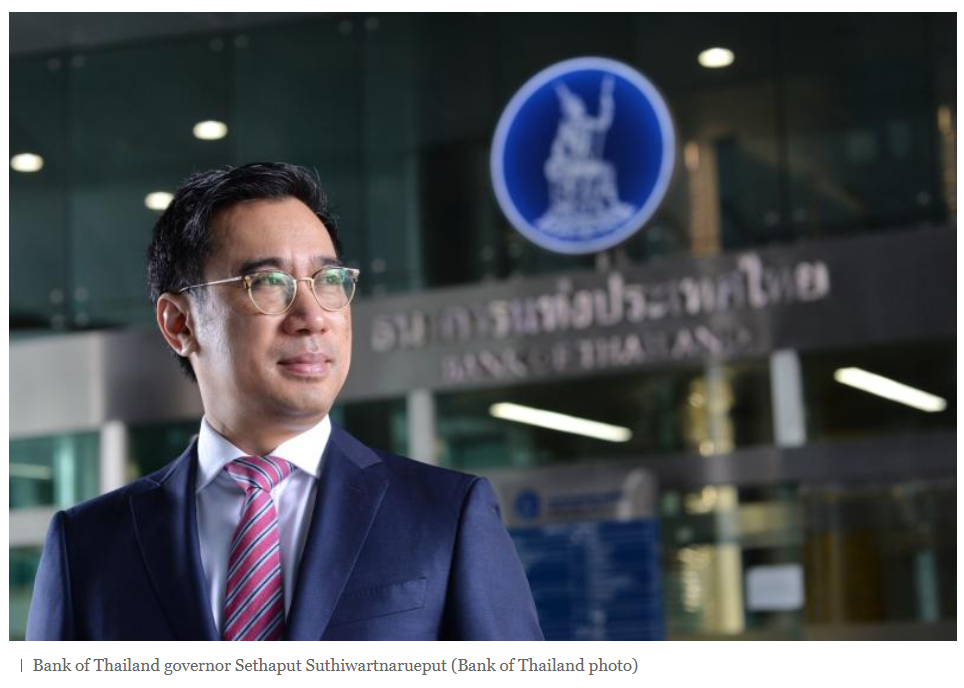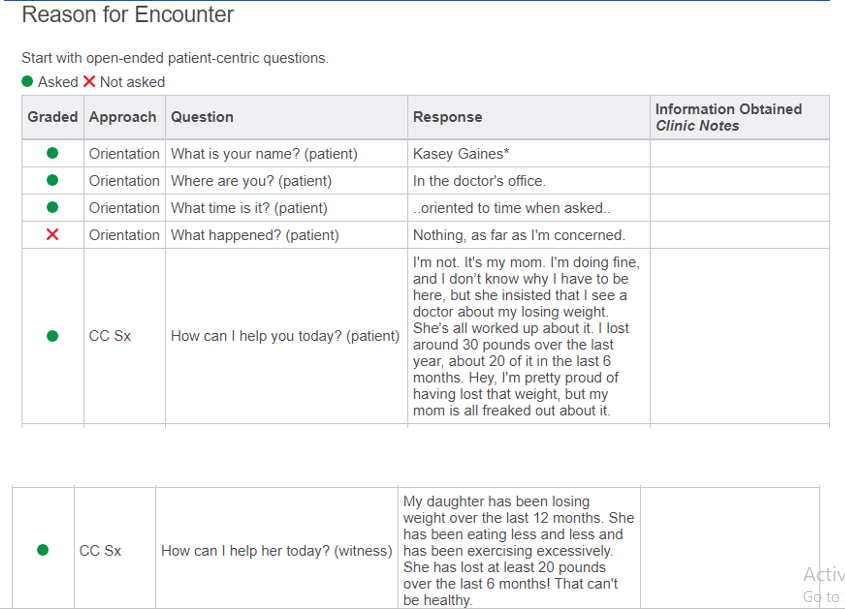New BOT Governor Crucial As Thailand Tackles Tariff Hikes

Table of Contents
The Challenges Facing Thailand's Economy
The current economic climate in Thailand is characterized by several interconnected challenges exacerbated by the recent tariff hikes. These increases, implemented for various reasons including protectionist measures and revenue generation, have had a profound impact on several key sectors. The resulting economic headwinds are substantial:
- Increased cost of imported goods: Higher tariffs directly increase the price of imported raw materials, intermediate goods, and finished products, pushing up inflation and reducing the competitiveness of businesses reliant on imports.
- Reduced consumer purchasing power: As prices rise, consumers have less disposable income, leading to decreased spending and potentially slowing down overall economic activity. This impacts various sectors, from retail to tourism.
- Potential for decreased economic growth: The combined effect of reduced consumer spending and decreased business investment due to higher input costs threatens to stifle economic growth.
- Impact on specific sectors: Industries heavily reliant on imports, such as manufacturing and tourism, are particularly vulnerable. Higher costs for raw materials and equipment impact manufacturing, while increased prices for imported goods affect tourism competitiveness.
These challenges necessitate a robust and strategic response, requiring effective monetary policy and other economic interventions to mitigate the negative consequences and promote sustainable growth. Keywords like "inflation," "economic growth," "import costs," and "export competitiveness" accurately reflect the gravity of the situation.
The Role of the Bank of Thailand (BOT) in Addressing Tariff Hikes
The Bank of Thailand (BOT) plays a pivotal role in maintaining macroeconomic stability and managing the economy's response to external shocks. Its mandate includes controlling inflation, promoting sustainable economic growth, and maintaining financial stability. To counter the negative impacts of tariff hikes, the BOT possesses several key tools:
- Monetary policy adjustments: The BOT can adjust interest rates to influence borrowing costs, investment, and consumer spending. Raising interest rates can curb inflation, but it also carries the risk of slowing economic growth. Lowering rates can stimulate growth but may increase inflationary pressures.
- Exchange rate management: The BOT can intervene in the foreign exchange market to manage the value of the Thai baht, influencing the price of imports and exports.
- Liquidity management: The BOT can manage the amount of money circulating in the economy through various mechanisms, affecting credit availability and inflation.
- Other policy interventions: The BOT may employ other measures, such as providing targeted financial support to specific sectors or implementing quantitative easing programs, depending on the severity of the economic situation.
Effective use of these tools by the New BOT Governor will be crucial in navigating the complexities of the current economic landscape and ensuring a balanced approach to managing inflation and supporting economic growth. Keywords such as "monetary policy," "interest rates," "exchange rate," "inflation control," and "economic stimulus" are central to understanding the BOT's role.
Expectations for the New BOT Governor
The New BOT Governor faces significant challenges requiring a unique blend of skills and experience. The ideal candidate must possess a deep understanding of monetary policy, international finance, and the Thai economy's specific characteristics. Crucial decisions regarding monetary policy will directly influence Thailand's economic trajectory. The following are key expectations:
- Strategic policy decisions to mitigate inflation: The new governor needs to formulate and implement effective monetary policies to control inflation without stifling economic growth. This requires a delicate balancing act and strategic foresight.
- Effective communication with the public and market: Transparent and clear communication is crucial to build confidence and manage market expectations.
- Collaboration with the government on economic policies: The new governor must effectively collaborate with the government to ensure consistency and coordination between fiscal and monetary policies.
- Maintenance of financial stability: Ensuring the stability of the Thai financial system is paramount to avoid systemic risk and maintain investor confidence.
These expectations highlight the critical need for strong "monetary policy expertise," "economic leadership," "financial stability," and a robust "communication strategy" from the new governor.
Potential Solutions and Long-Term Strategies
Addressing the challenges posed by tariff hikes requires not only immediate monetary policy adjustments but also a comprehensive set of long-term strategies to enhance Thailand's economic resilience. These include:
- Investment in infrastructure and technology: Improving infrastructure and fostering technological innovation can boost productivity and competitiveness.
- Support for domestic industries and SMEs: Promoting domestic industries and supporting small and medium-sized enterprises (SMEs) can reduce reliance on imports and create jobs.
- Diversification of trade partners: Reducing reliance on a few key trading partners can mitigate the impact of external shocks.
- Investment in human capital: Investing in education and skills development can improve productivity and adaptability in the workforce.
These long-term solutions, encompassing "economic diversification," "sustainable development," "long-term growth," and "infrastructure investment," are essential to build a more robust and resilient Thai economy.
Conclusion: The New BOT Governor's Crucial Role in Navigating Thailand's Economic Future
The tariff hikes present significant challenges to Thailand's economic stability. The New BOT Governor's actions and decisions will be instrumental in navigating these challenges and shaping Thailand's economic future. The success of the Thai economy in the coming years hinges on the implementation of effective monetary policies, strong communication, collaboration with the government, and a commitment to long-term sustainable growth strategies. Stay updated on the decisions made by the New BOT Governor as Thailand navigates these critical economic challenges and the impact of the ongoing tariff hikes on the BOT's monetary policy.

Featured Posts
-
 Adin Hill Leads Vegas Golden Knights To 4 0 Victory Over Columbus Blue Jackets
May 10, 2025
Adin Hill Leads Vegas Golden Knights To 4 0 Victory Over Columbus Blue Jackets
May 10, 2025 -
 Bert Kreischers Netflix Specials His Wifes Reaction To His Sex Jokes
May 10, 2025
Bert Kreischers Netflix Specials His Wifes Reaction To His Sex Jokes
May 10, 2025 -
 Living Legends Of Aviation Awards Recognizing Exceptional Service In Firefighting And Other Fields
May 10, 2025
Living Legends Of Aviation Awards Recognizing Exceptional Service In Firefighting And Other Fields
May 10, 2025 -
 London Spotting Harry Styles And His Seventies Stache
May 10, 2025
London Spotting Harry Styles And His Seventies Stache
May 10, 2025 -
 The Weight Watchers Bankruptcy A Case Study In The Weight Loss Industry
May 10, 2025
The Weight Watchers Bankruptcy A Case Study In The Weight Loss Industry
May 10, 2025
